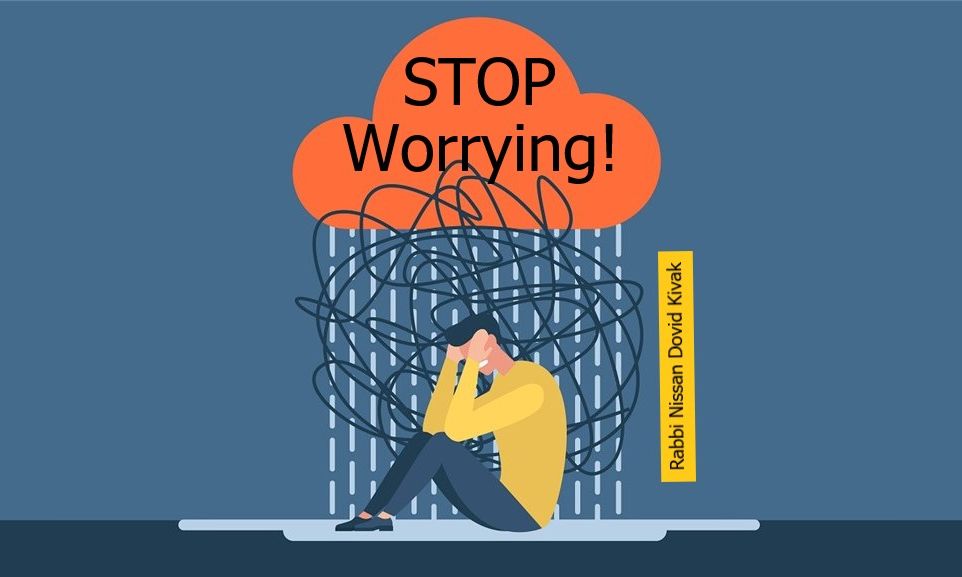
Stop Worrying!
The Rebbe gives us a list of things we need to get out of our head. The first is worries – about the past, the present, and the future…

Translated by Aaron Yoseph
People tend to worry before Yom Kippur, but really, we must chase the worries out of our head.
The Rebbe gives us a list of things we need to get out of our head. The first is worries – worries about the past, worries about the future. Also, get out of the things that pull and entice us – the pleasures of this world. If you fall, get up again. Again, so get up again. Don’t become “old” – make new beginnings. In the middle of the day – give a penny to charity, learn something. It’s possible to come out of bad fear, and come to good fear. The Rebbe says that a person must also get out of all bickering – machlokes. There’s no machlokes between the Tsaddikim, it just looks like there is.
The biggest machlokes is the one a person has with himself. He tells himself that he’s a nothing and that he’s not succeeding. He finds it written somewhere that someone like him can’t do teshuva, and he sees it with his own eyes – he isn’t improving. If you get to Kol Nidre and don’t feel anything, relax- let your brain adjust. Think about Hashem. If you dwell on “I can’t feel anything,” – that’s machlokes. You hear voices telling you, “Get out  of here. You don’t belong here. Teshuva won’t help you anyway,” but you just stand your ground and don’t budge. “This is where I want to be. I don’t have anywhere else to go.” When you pay no attention to the thoughts and feelings that try to pull you down, this is when your teshuva really helps. It’s all just obstacles to help you do a deeper teshuva. You have to hold strong, and not give up.
of here. You don’t belong here. Teshuva won’t help you anyway,” but you just stand your ground and don’t budge. “This is where I want to be. I don’t have anywhere else to go.” When you pay no attention to the thoughts and feelings that try to pull you down, this is when your teshuva really helps. It’s all just obstacles to help you do a deeper teshuva. You have to hold strong, and not give up.
Each time you stay strong, it’s another thunderclap that builds your awe of Hashem. On Yom Kippur, the gates of mercy are wide open. “I trust in Hashem, who should I fear?” Who do we fear? Hashem – for a minute, for a second, for a moment, and these moments combine to make a hole in our hearts of stone.
Trust in Hashem. We work on knowing that there is a King in the world. This is how we renew ourselves.
Rebbe Nachman says that we need to join love with fear. We have to build up our fear. We think about the tachlis, we think about how Hashem is here. Crying out to Hashem builds our fear of Him. “Ribono Shel Olam, Master of the World, I want to remember You, and keep away from doing bad. I want to be close to You.” This is gevuros – fear of Hashem’s judgment and punishment.
But the Rebbe says we need to partner this with love. Yom Kippur is coming – the King is calling you. He wants to forgive you. We can make peace with Hashem. There is a well known story of the Sar Shalom of Belz who once came very late to the first night of Selichos. He had gone to the edge of town to peer through the window of a Jew who had been completely estranged from the community for many years. This Jew was sitting by his table with two ledger books open in front of him, and seemingly talking to himself. After a while he picked up both books, threw them both into the fire, and then brought out two small glasses and made a “L’Chaim”, apparently with himself. He then came to shul for Selichos for the first time in many years.
Questioned later about his behavior, the estranged but simple Jew explained, “You know that I’ve been angry with the Ribono Shel Olam for a long time now. He brought me so much suffering in my life that I decided to forsake Him and His Torah, and live like a gentile. I hadn’t spoken to Him in years. Tonight I had an arousal to come back to the community, but then I thought about all I’d done – how could I come back? So I took out my ledger books and made an accounting. In one book, I wrote down all the suffering that I’d been through in my life. In the other, I listed all the many sins that I’d committed since leaving the community. I suggested a compromise with Hashem. I would forgive Him for all the suffering He put me through, and He would forgive me for all my wrongdoings. Feeling that this was an acceptable solution to the both of us, I threw both ledgers into the fire and drank a L’Chaim (toast) with Hashem, to seal our deal and celebrate our renewed relationship.”
Hashem wants to make peace with us. He wants to give us a good life. We can get a clean slate and start again. We need to put the effort into these days. These are the days when Hashem wants to see who cares about Him. If things didn’t go so well until now, from today things can change. Hashem will help. Don’t look back. Every move we do for Hashem in this time of the year has such power. We can come back to knowing what Hashem’s Monarchy is.
The sound of the Shofar on Rosh Hashanah breaks all the severe judgments, and Hashem’s great mercy is revealed. This is revealed even more on Yom Kippur, with the climax of joy and love revealed on Succot and Simchat Torah.
Stop worrying! Just remember Hashem again and again. Another chapter of Tehillim, another word of Hitbodedut, another prayer, a bit more learning. But all in a way that the words are thunderbolts, that they penetrate our minds and hearts. Cry out to Hashem. Even if you don’t feel so connected to it, do what you can. With every problem, know that Hashem is with you. Don’t let your mind ferment with worries.
Gmar chasima Tova!!


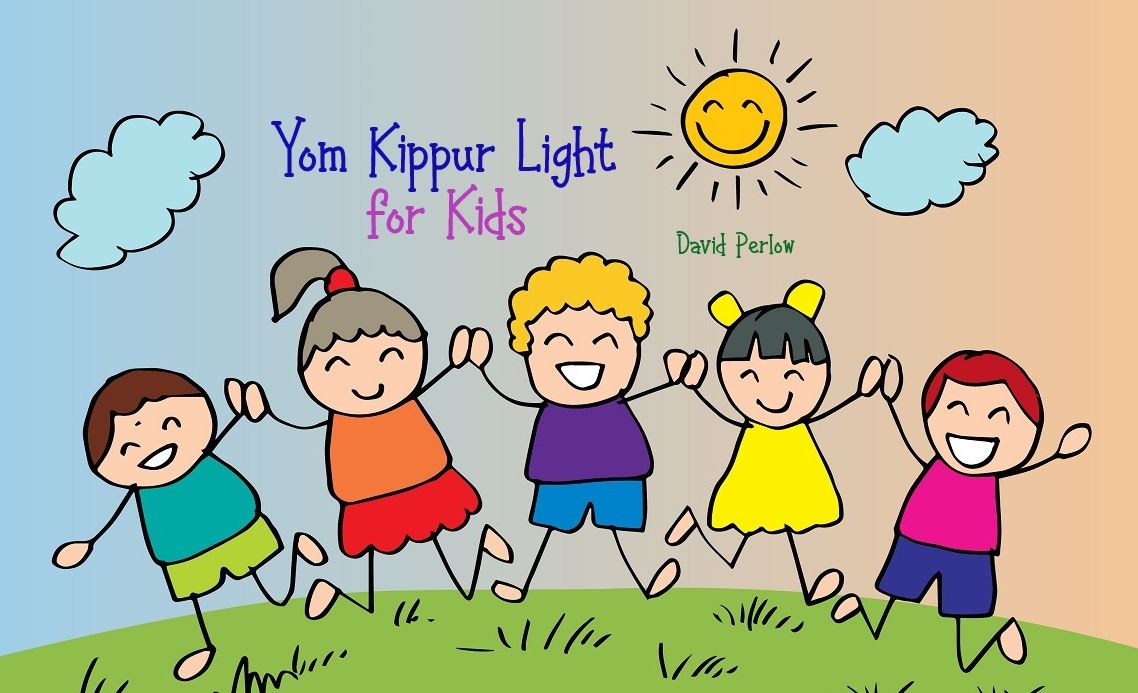

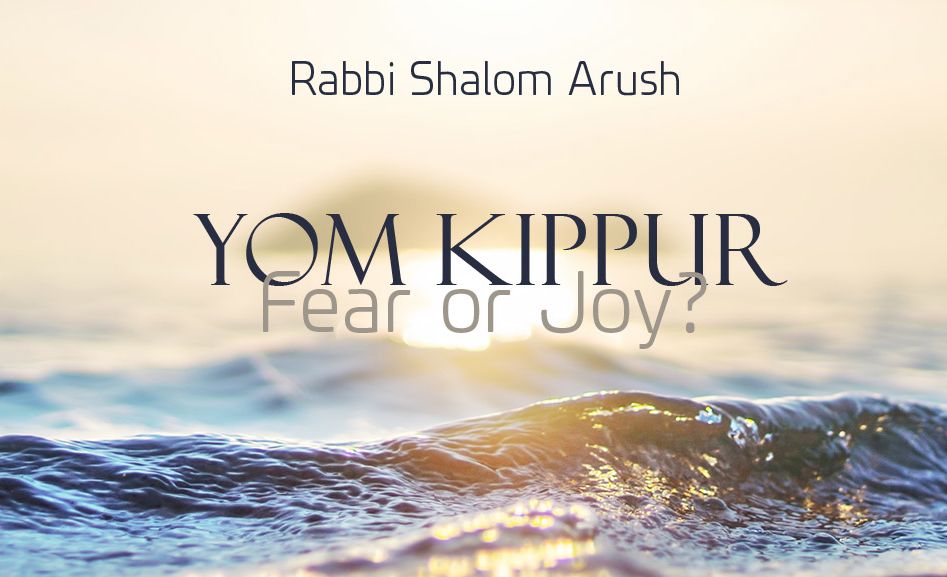
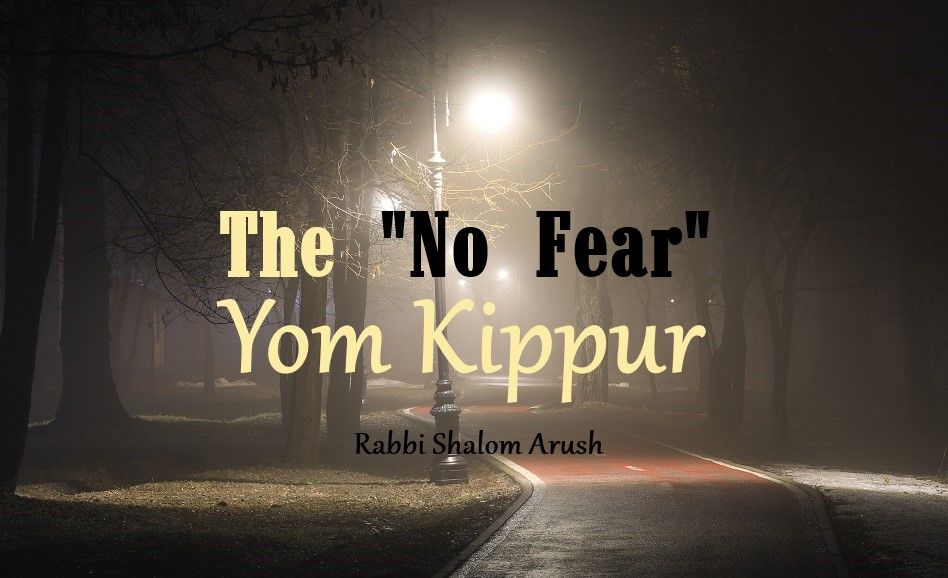
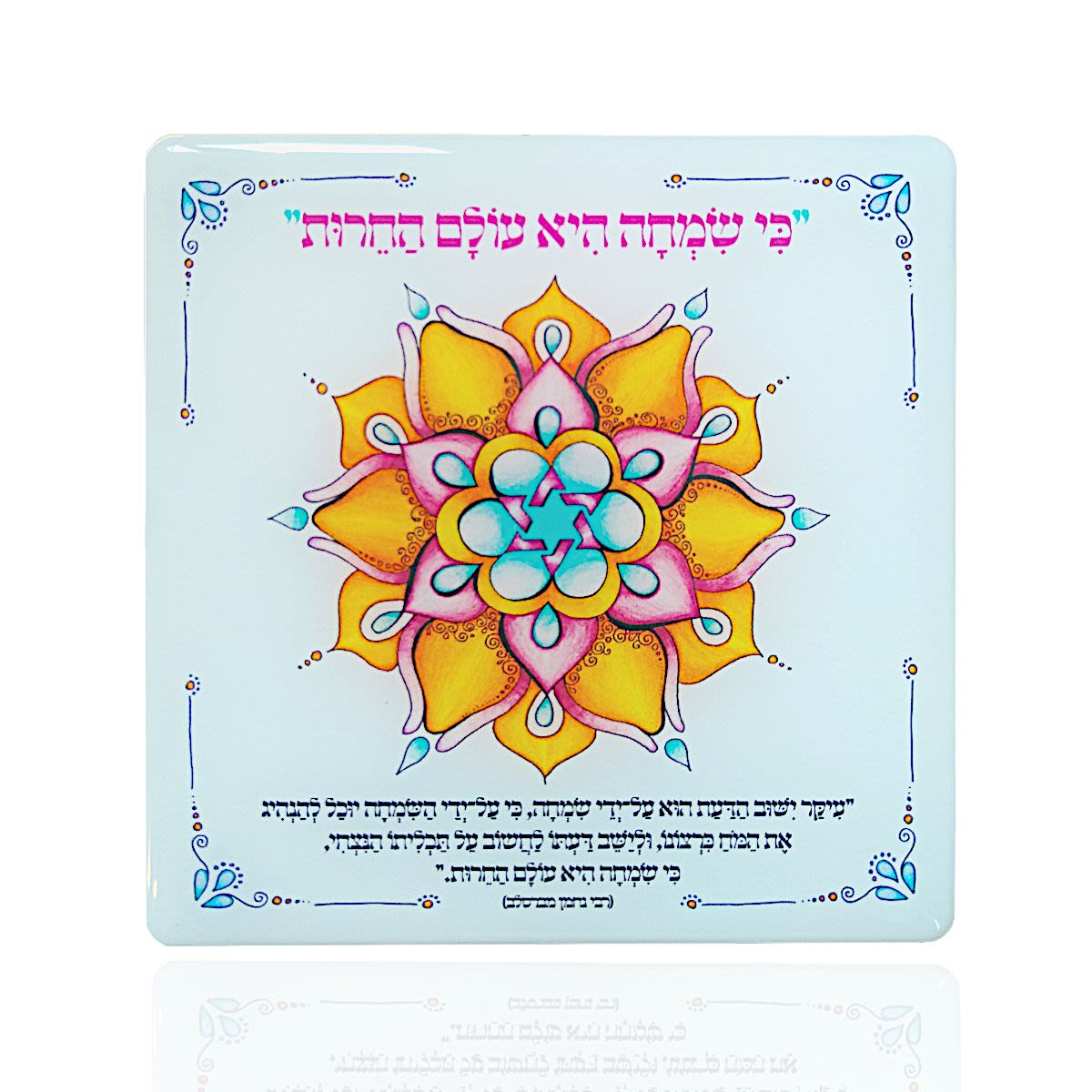
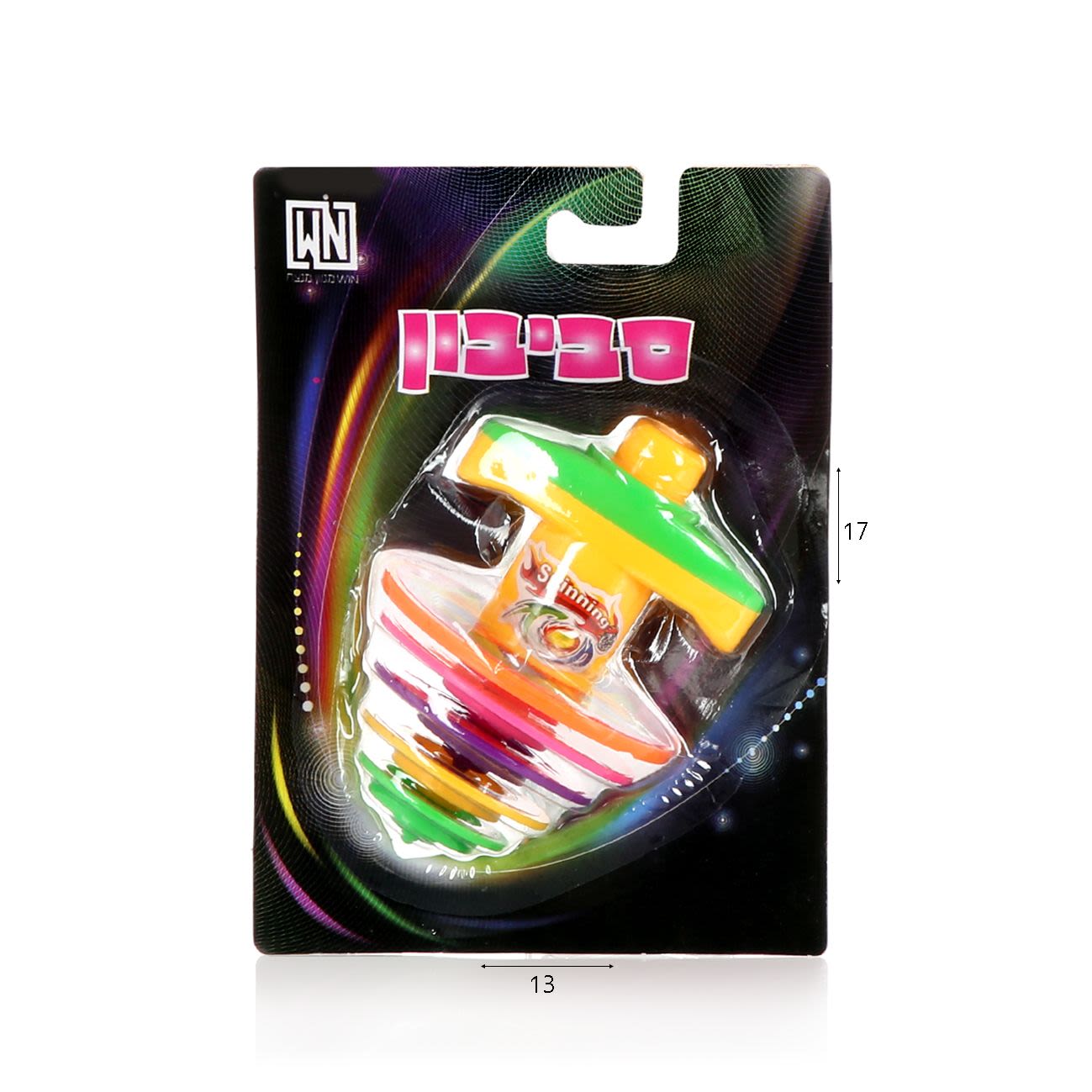




Tell us what you think!
Thank you for your comment!
It will be published after approval by the Editor.